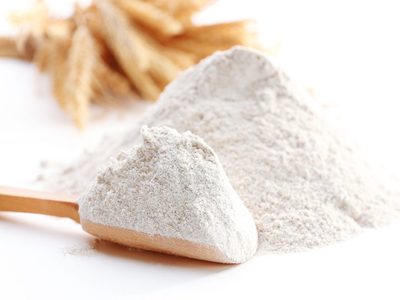MOSCOW, RUSSIA — Russia on Feb. 4 announced that it would move its planned switch to a formula-based tax on wheat exports up a month to June 2, Reuters reported.
The switch to a formula will mean the tax will automatically rise in response to any price increases. The action is an attempt to curb domestic food prices that have been rising during the COVID-19 pandemic.
Russia previously imposed a series of fixed tariffs on exports, which will start Feb. 15 and run through June 1.
“We expect these measures to be sufficient to stabilize, to contain the rise in wheat prices,” Russia’s Economy Minister Maxim Reshetnikov told Reuters.
The formula will be set at 70% of the difference between a base price of wheat per tonne and $200, he told Reuters.
Beginning April 1, Russian grain exporters will have to report the price of their contracts to the Moscow Exchange, which would then calculate a price indicator for the formula, the economy minister told Reuters. The duty will be recalculated and published weekly on the last working day of the week and applied from the third working day after publication.
Reuters also reported that during a meeting on Feb. 4, Russia President Vladimir Putin said the formula will become a permanent grain export mechanism in Russia.
“The situation in the global food market is unfortunately worsening,” Putin said, adding there was a need to prepare a mechanism to support grain producers.
Exports of barley and corn also will be subject to this formula-based tax. The formula will be similar to wheat, but will use $185 instead of $200 for calculations, Reshetnikov told Reuters.






